|
Introduction Finding moments of peace and tranquillity can be challenging in a world where life seems to be constantly accelerating. This is where mindful arts and crafts practice emerges as a beacon of serenity and self-expression. Rooted in the principles of mindfulness, these activities offer a unique blend of creativity and meditative focus, providing a therapeutic escape from the stresses of daily life. What is Mindfulness in Arts and Crafts? At its core, mindfulness is about being fully present in the moment and aware of our thoughts and feelings without distraction or judgment. This approach transforms simple creative activities into powerful mental well-being and self-discovery tools when applied to arts and crafts. Deepening the Connection with the Self When engaging in mindful arts and crafts, the individual becomes deeply connected with their inner self. This connection fosters a heightened awareness of personal thoughts, emotions, and body sensations. As one paints, draws, or crafts, they become more attuned to their inner emotional states, often leading to insights and revelations about themselves that might otherwise remain unexplored. The Art of Mindful Observation Mindful arts and crafts teach the art of observation. Practitioners learn to observe their creative choices – the colours, textures, and forms they are drawn to – and reflect on what these choices reveal about their current state of mind. This reflection can be a powerful tool for self-understanding and emotional healing. Transforming Thoughts and Emotions into Art This approach allows individuals to channel their thoughts and emotions into something tangible. It’s a form of non-verbal communication with oneself, where emotions that are difficult to express in words find a voice through art. This process can be incredibly liberating and therapeutic, particularly for those dealing with stress, anxiety, or emotional blockages. The Meditative Quality of Creative Flow Arts and crafts, when performed mindfully, can lead to a state of 'flow' – a term coined by psychologist Mihaly Csikszentmihalyi. In this state, individuals become so immersed in their activity that they lose track of time and are entirely absorbed in the moment. This flow state has been linked to increased happiness, lower stress levels, and a sense of profound fulfilment. Fostering Mindfulness Skills Regular mindful arts and crafts practice can cultivate critical mindfulness skills such as concentration, attention to detail, and patience. As one becomes more practised in focusing on the task at hand, these skills can transfer to other areas of life, improving overall mental focus and clarity. The Role of Acceptance and Non-Judgment A critical aspect of mindfulness in arts and crafts is the practice of acceptance and non-judgment. This means accepting one's creative process as it is, without self-criticism or striving for perfection. It encourages embracing mistakes as part of the learning and growing process, fostering a kinder, more compassionate attitude towards oneself. In conclusion, mindfulness in arts and crafts is not just about creating art; it's a holistic practice that nurtures mental, emotional, and sometimes even spiritual well-being. It's an opportunity to connect deeply with oneself, express emotions creatively, and develop a mindful approach to life, one brushstroke at a time.
0 Comments
DOWNLOAD EBOOK IN MY STORE!Are you tired of endlessly planning and not taking action? Are you stuck in a perpetual preparation cycle but have yet to make it to execution? If so, you're not alone. Many individuals grapple with the allure and pitfalls of planning, and it's time to break free from this cycle.
My brand new eBook, "Do It Scared: The Courage to Move Beyond Planning," offers a comprehensive guide to navigating the Planning Trap and journey towards meaningful action and success. In this article, we'll provide you with a sneak peek into the content of this transformative eBook. Understanding the Allure of Planning Planning is a deeply ingrained instinct in the human psyche. It offers a reassuring sense of order and control in a chaotic world. The first chapters of our eBook dive into the psychological comforts of planning, exploring how it provides a sanctuary of certainty in the face of life's uncertainties. We'll also discuss the pleasure of anticipation and how planning taps into this uniquely human emotion. Scientific Insights into the Comfort of Planning Psychological theories, like the 'cognitive closure' hypothesis, support that planning allows our brains to confront anxiety and uncertainty. It's akin to finding and fitting the missing pieces into a puzzle of uncertainty, fostering a sense of security. When we plan, we create mental to-do lists and prepare ourselves for potential future scenarios, building confidence to handle whatever life throws our way. Navigating the Planning Spectrum Planning isn't a one-size-fits-all concept. It takes on various forms, ranging from minimal planning to excessive planning. Striking the right balance is crucial, and we'll explore this spectrum and the quest for equilibrium. We'll guide you in finding the sweet spot on the planning spectrum—where you have enough structure to feel confident yet remain open to surprises and novel encounters. Breaking Free from the Planning Trap The eBook doesn't just analyse the allure of planning and equips you with strategies to break free from the Planning Trap. We'll help you recognise signs of over-planning and understand when planning has fulfilled its purpose. With this awareness, you can summon the courage to transition from planning to purposeful action. The Power of Micro-Actions Have you ever felt overwhelmed by the enormity of your goals? Our eBook introduces the concept of micro-actions—a simple yet profoundly effective approach to transforming your dreams into tangible achievements. Micro-actions are the tiny, manageable tasks that propel you toward your objectives, making even the most daunting goals manageable. Creating Your Action Plan Setting ambitious goals is exhilarating, but the journey from envisioning them to achieving them can be daunting. That's where an action plan comes in. We'll show you how to create one that incorporates micro-action power. Clear goals are the foundation of your action plan, and we provide a Goal Setting Worksheet to help you articulate your objectives. Putting It All Together You'll create a well-structured action plan by breaking down your goals into smaller, more manageable steps and prioritising your tasks. This plan becomes your roadmap to success, guiding you through each step of your journey. It's a living document you can adjust as you progress, celebrating your accomplishments and adapting to evolving goals and priorities. Conclusion In "Do It Scared," I aim to empower you to move beyond the Planning Trap and seize success. Don't let meticulous planning hold you back—leap and transform your life today. Download my eBook now and unlock the key to a future that transcends planning and takes you to meaningful action and accomplishment. Monika Baechler-Dombay What being a mother has taught me or "The Mother's Skill Set: A Valuable Asset in the Workforce"9/14/2023 As a mother, you've honed a remarkable set of skills that are not only vital in managing a household but can also be seamlessly translated into the professional world. Let's explore how the essential skills you've acquired through the challenges of motherhood can become invaluable assets in the workforce.
Time Management: Successfully balanced the responsibilities of raising children, managing a household, and supporting a spouse while meeting deadlines and commitments. In the corporate world, time is money. Your ability to juggle the diverse demands of family life while meeting deadlines and commitments equips you with exceptional time management skills. Employers highly value individuals who can optimally allocate their time to achieve maximum productivity. Organisational Skills: Efficiently coordinated various tasks and schedules, ensuring the smooth running of the household and family activities. Organisational prowess is an essential trait in any job. Your experience in orchestrating family schedules and tasks demonstrates your capability to streamline processes and ensure organisational efficiency. Problem-Solving: Developed strong problem-solving abilities by addressing challenges and conflicts within the family dynamic. Introduction For years, I struggled with the pressure of choosing a "calling," a one-dimensional career path that society seemed to dictate. Like many of you, I’ve been given the curiosity of interests across various fields—writing, digital design, health and nutrition —and settling for just one felt like tearing pages out of a book and reading only a fragment. Then, I stumbled upon the term "multipotentialite," it was like someone had finally switched on the light. The First Signs Growing up, I was that kid who wanted to be a chef one day and an interior designer the next. The world was my playground, filled with endless curiosities that beckoned to be explored. While others seemed to focus on specialised interests, I found myself diving into books about crafts, science, adventure, and even cookbooks. Facing Societal Expectations However, childhood freedom soon gave way to societal expectations in adulthood. Everywhere I looked, people seemed to be narrowing their focus, diving deep into their chosen professions, and labelling themselves with singular identities. "I'm a lawyer," "I'm a teacher," "I'm an engineer," they would say. Amidst all this, I felt like an outsider—a Jack-of-all-trades but master of none. The ‘Aha!’ Moment It wasn't until I read an article about multipotentiality that I found my tribe. There were people like me—curious, passionate, and unwilling to confine themselves to a singular pursuit. Discovering this concept was a revelation. It gave me the framework to weave my diverse interests into something meaningful and uniquely mine. It was like finding a name for a phenomenon I had experienced but couldn't articulate. I wasn’t scattered or indecisive; I was a multipotentialite, a SkillWeaver. The Rise of the SkillWeaver Becoming aware of my multipotentialite nature led to the concept of SkillWeaving—a dynamic way to interlace multiple skills, passions, and interests into an integrated tapestry. This realisation helped me not only accept but also celebrate my diverse interests. I could be a writer who utilises technological tools to tell stories, a nutrition specialist who integrates the arts to communicate wellness, and more. The Journey Ahead Life as a SkillWeaver is an exhilarating journey of perpetual learning and unlearning. It’s about understanding that you don’t have to be just one thing; you can be many, all at once. It's a journey where your talents don't compete; they collaborate. Where your skills don't stifle each other, they amplify. Conclusion Discovering my multipotentialite nature was like an awakening. It empowered me to step out of societal constructs and embrace the multiplicity that has always been my authentic self. If you're tired of trying to fit into boxes, labels, or confined career paths, maybe it's time for your own awakening. Maybe it’s time for you to discover the SkillWeaver within. About the Author
Monika Baechler, a SkillWeaver, writer, artist and nutrition specialist. I'm passionate about helping others discover their inner SkillWeaver and explore the exciting landscapes of their diverse talents.
Overall, "The Book of Five Rings" emphasizes the importance of flexibility, adaptability, and a clear, focused mind in combat and life. Furthermore, it stresses the importance of understanding and mastering martial arts principles and applying them to all areas of life. Musashi's ideas are based on his experience and observation rather than on traditional teachings or theoretical concepts and emphasize the importance of constantly striving to improve one's skills and understanding.
Video to this Post!
Chapter 1: Introduction In the introduction, Musashi explains his warrior background and reasons for writing the book. He emphasizes that his ideas are based on his experience and observation rather than traditional teachings or theoretical concepts. Musashi also stresses the importance of constantly striving to improve one's skills and understanding rather than becoming complacent or overconfident. Chapter 2: The Ground Book The Ground Book emphasizes the importance of understanding the terrain and adapting one's tactics to the environment. Musashi emphasizes that different terrains require different strategies and that a skilled warrior must be able to adapt to any situation. He also stresses the importance of using the terrain to one's advantage rather than fighting against it. Chapter 3: The Water Book The Water Book uses water as a metaphor to focus on the principles of fluidity and adaptability in combat. Musashi emphasizes the importance of adapting to changing circumstances and using one's opponent's movements and energy to one's advantage. He also stresses the importance of remaining calm and fluid in the face of an opponent's attacks rather than becoming rigid or predictable. Chapter 4: The Fire Book The Fire Book discusses the importance of timing and taking the initiative in battle, using fire as a metaphor. Musashi emphasizes anticipating one's opponent's movements and taking action at the right moment. He also stresses the importance of being fully committed and unafraid of death in combat. Chapter 5: The Wind Book The Wind Book uses wind as a metaphor to explain the concept of "emptiness" and the importance of remaining calm and clear-minded in combat. Musashi emphasizes the importance of not becoming attached to one's ego or emotions but remaining clear and focused in the face of an opponent's attacks. He also stresses the importance of understanding the patterns and rhythms of combat and using this knowledge to gain an advantage. Chapter 6: The Book of the Void The Book of the Void discusses the ultimate goal of martial arts, which is to achieve a state of perfect harmony with the universe. Musashi emphasizes the importance of letting go of one's ego and desires and becoming one with the universe's flow. He also stresses the importance of constantly striving to improve one's skills and understanding rather than becoming complacent or overconfident. 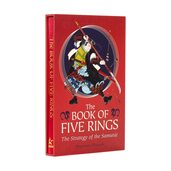
There are many essential quotes and ideas to take away from "The Book of Five Rings" by Miyamoto Musashi. Here are a few key ones:
"Perceive that which cannot be seen with the eye." This quote from the Ground Book emphasizes the importance of understanding and adapting to the environment, even if one cannot see every detail. "When your spirit is not in the least clouded, when the clouds of bewilderment clear away, there is the true void." This quote from the Book of the Void emphasizes the importance of a clear, focused mind in martial arts and life. "To win any battle, you must fight as if you are already dead." This quote from the Ground Book emphasizes the importance of being fully committed and unafraid of death in combat. "If you know the way broadly, you will see it in everything." This quote from the Water Book emphasizes the importance of understanding martial arts principles and applying them to all areas of life. "The important thing in strategy is to suppress the enemy's useful actions but allow his useless actions." This quote from the Fire Book emphasizes the importance of timing and taking the initiative in combat.
Overall, "The Book of Five Rings" teaches the importance of flexibility, adaptability, and a clear, focused mind in combat and life. It emphasizes the importance of understanding and mastering martial arts principles and applying them to all areas of life.
Hope you enjoyed this summary. Much love
Mona For those who aren't familiar with Gratitude, the feeling of gratitude is a deep appreciation for all that we have in life. It's not just about counting your blessings but also meaningfully and sincerely appreciating them. For example, one person can be grateful for having a roof over their head, while another might be grateful they can eat three meals daily.
Gratitude has been shown to benefit our physical health and mental well-being. In addition, studies show that practising gratitude can lower stress levels, improve sleep quality and strengthen relationships with others. In this article, you'll learn about gratitude's science and how it can improve your life! What is gratitudeGratitude is a positive emotion we feel when focusing on the good things in our lives. It's not about focusing on what you don't have but appreciating what you do. Gratitude can be practised in many ways and every day, even if it only takes a few seconds to pause and reflect on all the great things in your life. When we practice gratitude, we live happier lives because we feel more satisfied with our current situation. How to practice gratitudeThe best way to practice gratitude is by keeping a gratitude journal. This can be done in several ways, like writing down your grateful thoughts on paper or typing them up and saving them as a text document. Alternatively, you can use an app like [the Gratitude App], which allows you to record your experiences and emotions over time in the form of photos and videos. Having a gratitude journal allows you to reflect on what makes you happy - whether it be a memory from the past or something extraordinary happening right now! Here are some other ways that I've found helpful in maintaining my sense of gratitude:
Conclusion I hope this article has helped you learn more about what it means to be grateful. Gratitude is a powerful tool that can change your life, but only if you practice it. So what are you waiting for? Get started right now! According to Harvard University, gratitude is strongly and consistently associated with greater happiness in positive psychology research. Gratitude helps people feel more positive emotions, relish good experiences, improve their health, deal with adversity, and build strong relationships. Mona M. Bee We all want to be happy. But what exactly is happiness? Is it something we can achieve with a simple prescription? Or is it something that involves a bit more work? The answer depends on who you ask. The term "happiness" has been used in different ways throughout history. For example, in the 1700s, "happiness" refers to things like wealth and power. However, more recently, psychologists have defined happiness as an emotional state characterized by positive emotions and feelings. Our brains are programmed to seek positive emotional experiences - we've evolved this way because these experiences are associated with survival. This explains why we feel good when we eat delicious foods or accomplish something challenging like climbing Mount Everest. But psychologists say that some things can make us less happy over time: for example, being in a bad relationship or working at a job we don't enjoy. Happiness is how you feel when you reflect on an experience or a moment in your life. It's an emotion that can't be explained by other emotions, like sadness or anger. We all strive for happiness in our lives, but how do we find it? What do we need to be happy or how can we experience happier states more often? First, think about what makes you happy. Is it spending time with friends and family? Is it taking care of yourself? Maybe it's having a certain amount of safety-net in your bank account or living in a certain place. Once you've figured out what makes you happy, start working toward making those things happen in your life. Happiness is a state of mind. It's not something we have to go out and find, but it's something that comes from within. You should avoid basing your personal happiness on another person like a spouse or partner. Happiness will never be something you buy, but it's definitely a state you can create within. Happiness is feeling good about yourself, your life, and the people around you. It's a moment of pure joy where everything seems perfect at that moment. It's knowing deep down inside that everything will eventually be okay no matter what happens in this world because you're going to survive it all and come out stronger than ever! Happiness is a feeling we all want to experience. We all strive for it, but it can be hard to define. For example, is there one thing that makes us happy or are there many things that make us happy? According to Harvard University, gratitude is strongly and consistently associated with greater happiness in positive psychology research. Gratitude helps people feel more positive emotions, relish good experiences, improve their health, deal with adversity, and build strong relationships. For those who don't know what gratitude is, the feeling of gratitude is a deep appreciation for all that we have in life. It's not just about counting your blessings but also meaningfully and sincerely appreciating them. For example, one person can be grateful for having a roof over their head, while another might be grateful they can eat three meals daily. Gratitude has been shown to benefit our physical health and mental well-being. Gratitude is a positive emotion we feel when focusing on the good things in our lives. It's not about focusing on what you don't have but appreciating what you do. Gratitude can be practised in many ways and every day, even if it only takes a few seconds to pause and reflect on all the great things in your life. When we practice gratitude, we live happier lives because we feel more satisfied with our current situation. How to practice Gratitude?The best way to practice gratitude is by keeping a gratitude journal. This can be done in several ways, like writing down your grateful thoughts on paper or typing them up and saving them as a text document. Having a gratitude journal allows you to reflect on what makes you happy - whether it be a memory from the past or something extraordinary happening right now! Here are some other ways that I've found helpful in maintaining my sense of gratitude:
I believe happiness is a feeling of contentment and fulfilment in life. It means you are satisfied with your life, and with yourself as a person. Happiness means enjoying the moment and finding joy in simple things like spending time with friends, going on a hike or getting lost in a good book. For me, I can experience bliss sitting with my knitting in front of the TV and enjoying my favorite movies. Happiness does not mean the same thing to everyone, though. It can be different for each person depending on their feelings towards life or their personal views on what happiness means to them. However, happiness is still the same when it comes down to the core meaning behind it all, which is feeling good about yourself no matter what happens externally. Please share, let me know what makes you happy and what happiness means to you. by Monika Baechler
|
AuthorMona is a versatile writer with experience in both fiction and non-fiction. She deeply loves the written word and is always seeking new and exciting ways to explore the human experience through her writing. Archives
January 2024
Categories
All
|

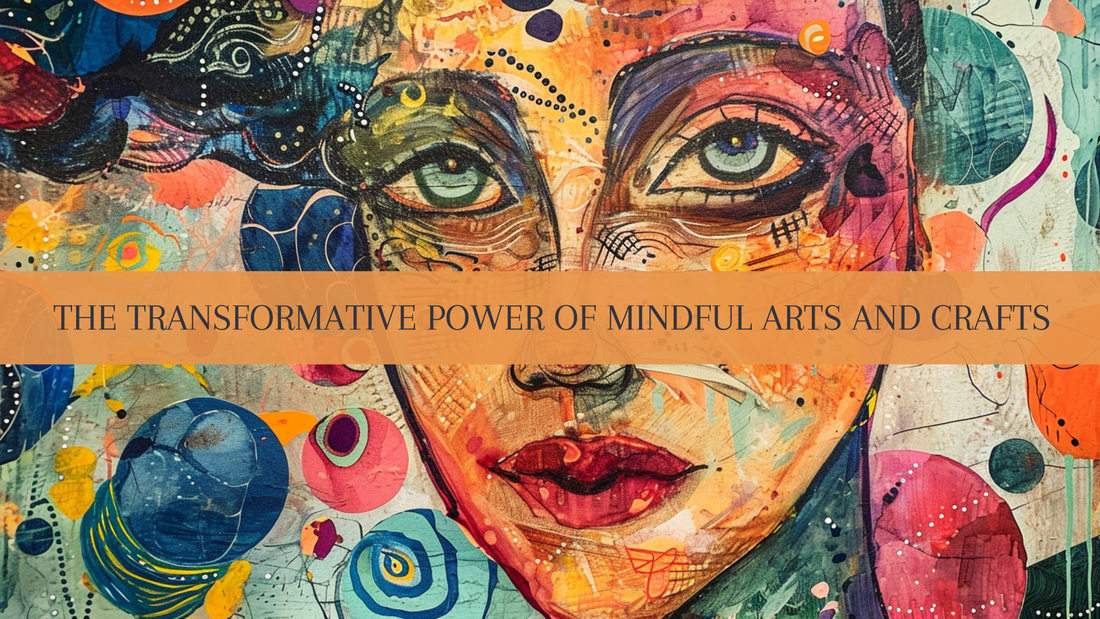
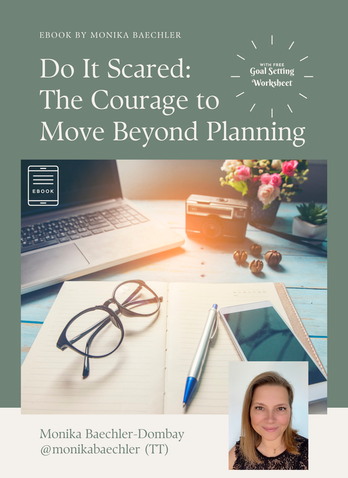
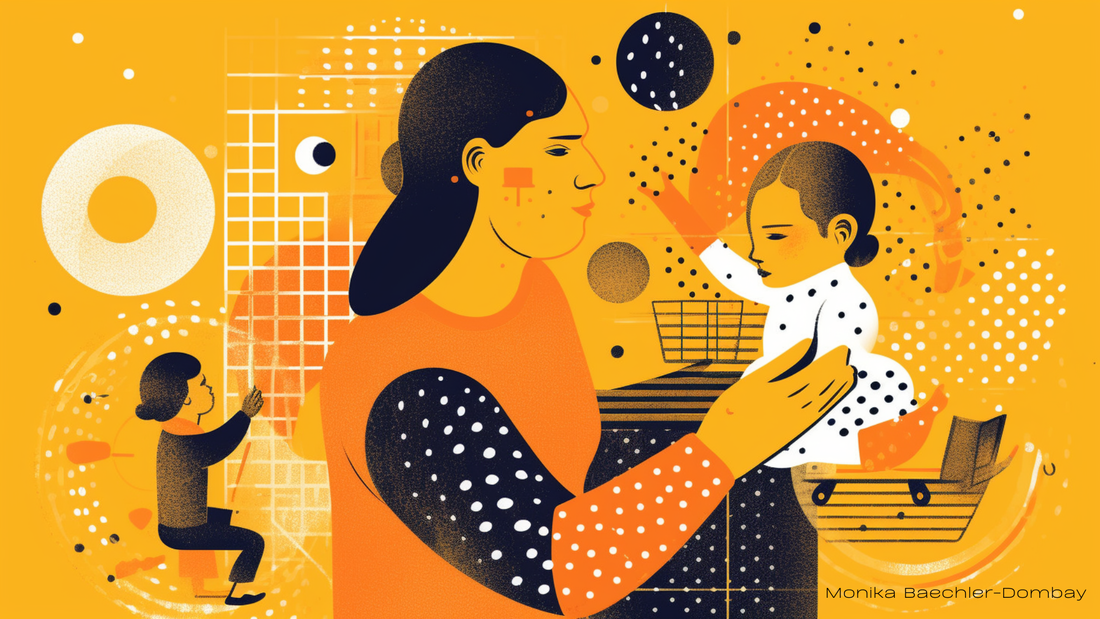
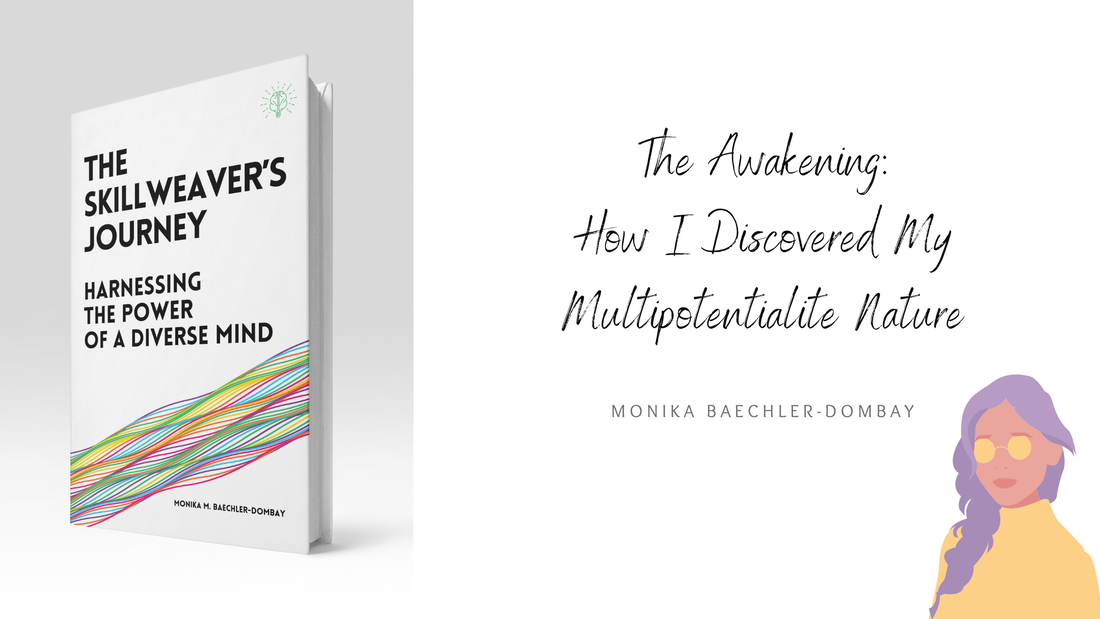
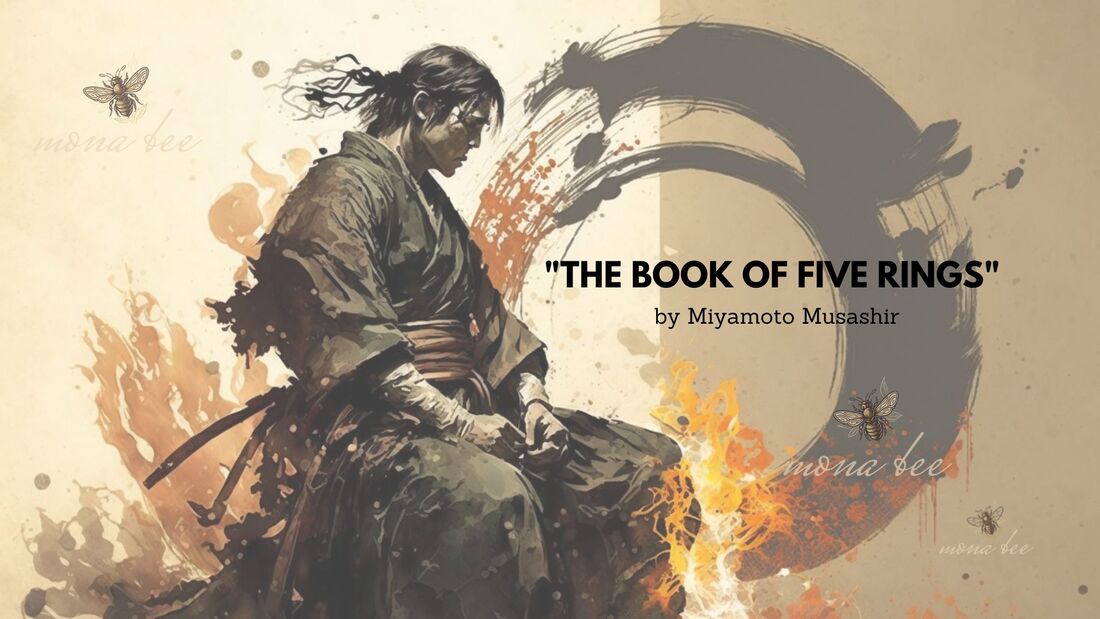
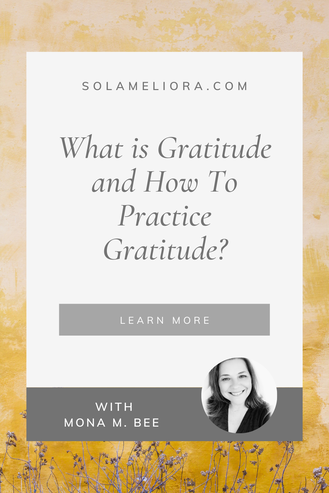
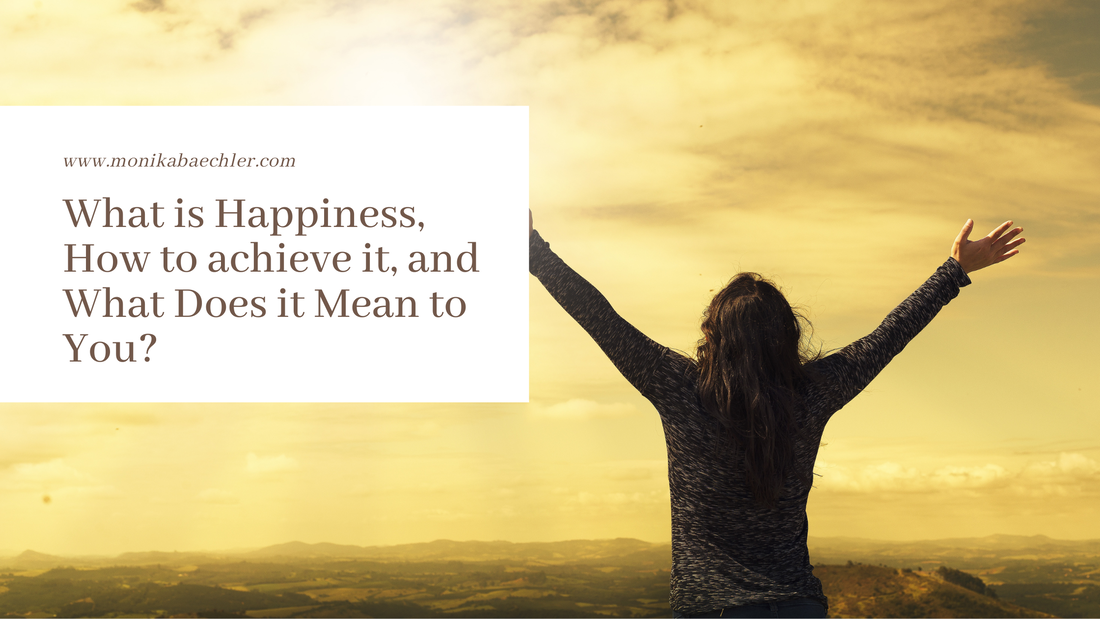
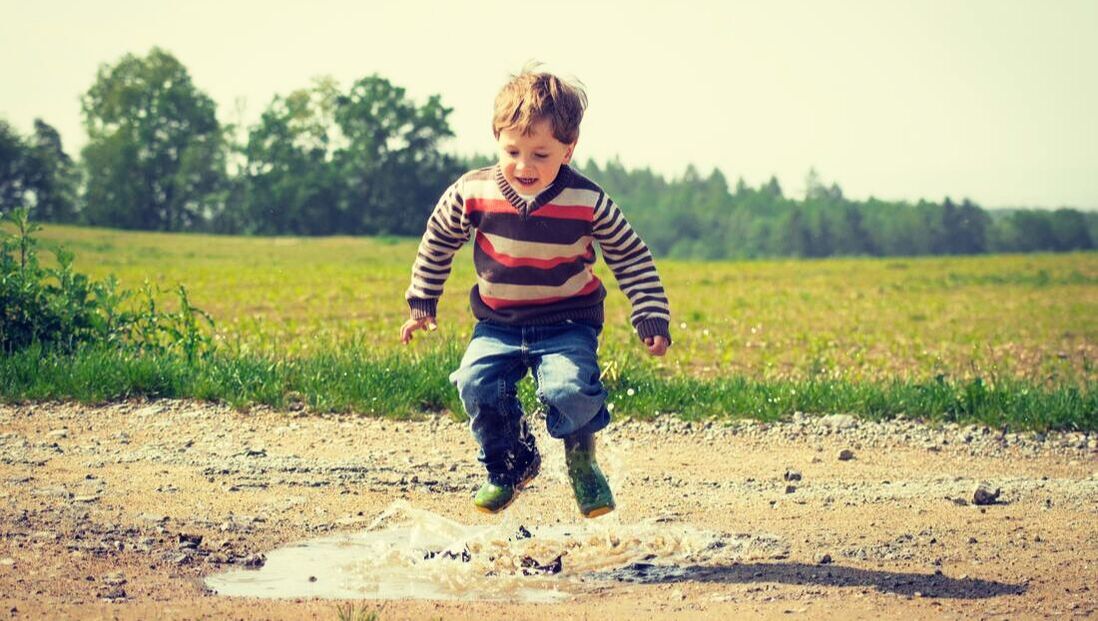

 RSS Feed
RSS Feed